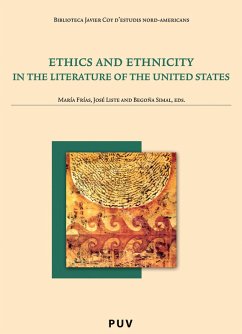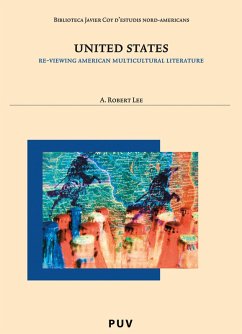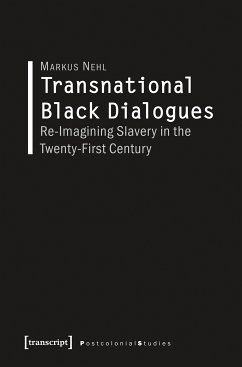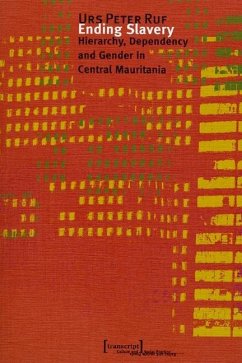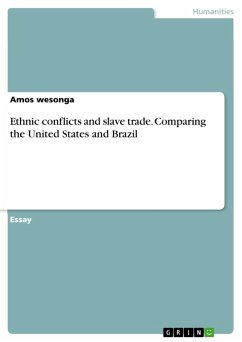
Ethnic conflicts and slave trade. Comparing the United States and Brazil (eBook, PDF)

PAYBACK Punkte
0 °P sammeln!
Essay from the year 2016 in the subject Ethics, , language: English, abstract: In the 19th century, the slave trade was conventional in the American continents. Human trafficking was a typical business activity in the region, where Africans were sold in large farms to provide labor in large plantations. The United States and other developing nations such Brazil have a similar history with the slave trade. The abolishment processes in these two countries were through the development of anti-slavery laws that aimed at denying dominant whites the rights to own slaves. In the United States, the 13...
Essay from the year 2016 in the subject Ethics, , language: English, abstract: In the 19th century, the slave trade was conventional in the American continents. Human trafficking was a typical business activity in the region, where Africans were sold in large farms to provide labor in large plantations. The United States and other developing nations such Brazil have a similar history with the slave trade. The abolishment processes in these two countries were through the development of anti-slavery laws that aimed at denying dominant whites the rights to own slaves. In the United States, the 13th Amendment was a pivotal point for the abolishment of human trafficking. A section of the American politician known as anti-slavery Republican Party sought to counter the expansion of slave trade and not suppress it entirely. As a result, the effectiveness of the American efforts to abolish slave business remains questionable. The scope of the regulations made may have played a significant part in promoting ethnic divisions in the US. Regarding Brazil, the foundation of the slave trade was quite extensive; hence, played a substantial role in preventing an active development of the anti-slavery movement. During the 1700s and 1800s, many nations such as the British Empire, France, and North America were abolishing slave trade. However, Brazil had the number of slave imports accelerate at an average rate of 5.7% during this period. Similar to the U.S., the effectiveness of the laws used to control slave trade in Brazil is questionable. Thus, this essay aims at comparing the manner in which U.S. and Brazil handled the transition of former slaves to free citizens. The primary objective is to determine the reasons ethnic conflict reduced in one country than the other. Notably, this paper will use historical intuitionalism and cultural theories to compare the two countries. However, the exploration is limited to the explanation of significant differences that exist between US and Brazil in handling the transition from slavery to citizenship and the recent appearance of ethnic conflict in the two countries.
Dieser Download kann aus rechtlichen Gründen nur mit Rechnungsadresse in A, B, BG, CY, CZ, D, DK, EW, E, FIN, F, GR, HR, H, IRL, I, LT, L, LR, M, NL, PL, P, R, S, SLO, SK ausgeliefert werden.




